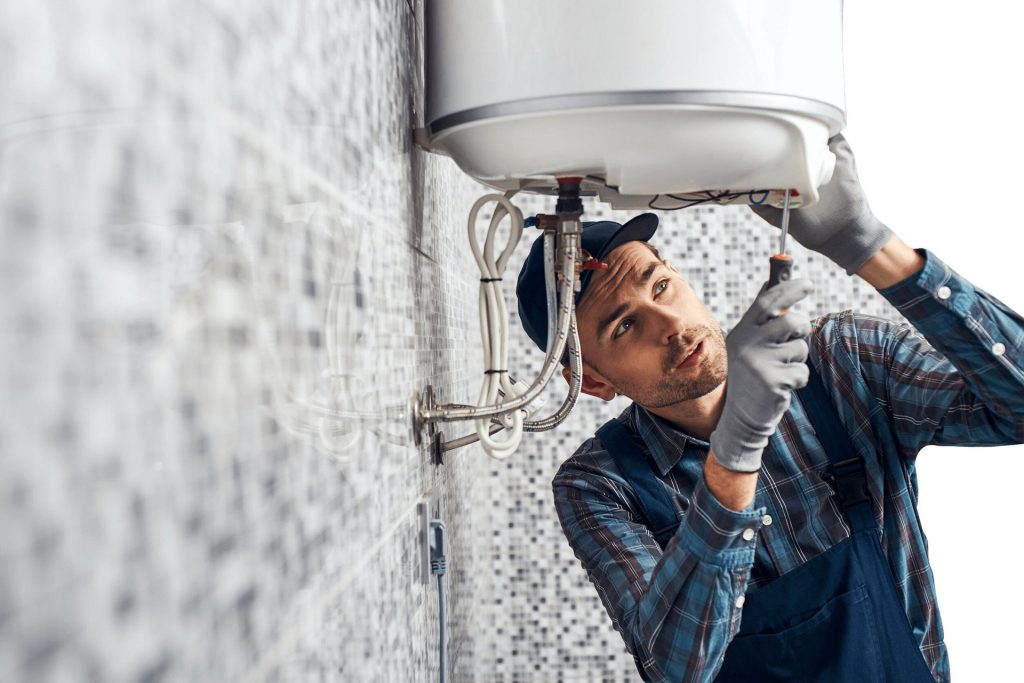
SCOPE FOR BUSINESS LTD
Old Docks House, 90 Watery Ln,
Ashton-on-Ribble, Preston PR2 1AU
TRADESCOPE – Here to help
Help with a loud boiler

A loud boiler can be annoying and potentially indicative of underlying issues that may require attention. Here are some steps you can take to address a loud boiler:
Identify the Type of Noise:
Check the Water Pressure:
Bleed Radiators:
Check for Leaks:
Inspect the Expansion Tank:
Look for Radiator Valves:
Clean or Replace Burners:
Schedule Maintenance:
Install Noise-Reduction Accessories:
Consult a Professional:
It’s important to remember that boilers can be complex systems, and safety should be a top priority. If you are unsure about any of the steps or if you suspect a more serious issue, it’s best to consult a professional technician from Tradescope to avoid any potential hazards and ensure the boiler operates safely and efficiently.

SCOPE FOR BUSINESS LTD
Old Docks House, 90 Watery Ln,
Ashton-on-Ribble, Preston PR2 1AU